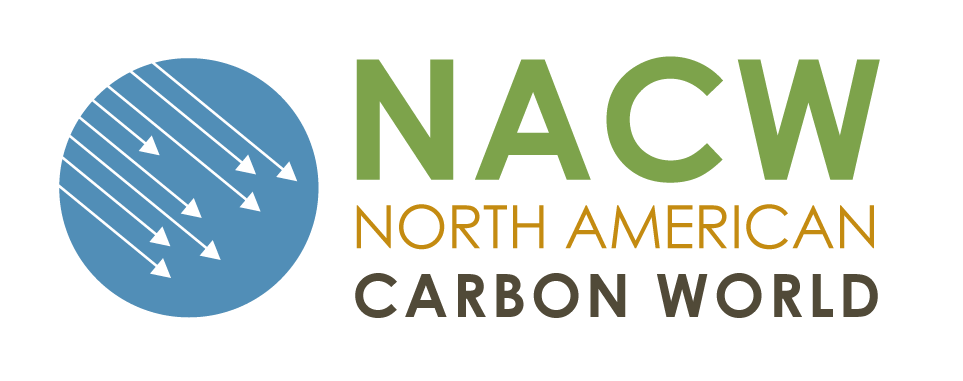Soil Enrichment Protocol provides long-term incentives for farmers and landowners to transition towards more sustainable and profitable farming systems, striking a powerful blow against climate change
LOS ANGELES, CA – The Climate Action Reserve Board of Directors adopted the Soil Enrichment Protocol (SEP) Version 1.0, creating a new way for farmers to improve the health, profitability and resilience of their agricultural lands while helping address climate change, which continues to have a significantly negative impact on their work and livelihoods. In the US, agriculture accounts for nine percent of all GHG emissions, and agricultural lands have a unique capacity to sequester, store and emit CO2 while sustainable management of these lands also can reduce emissions of CO2, CH4 and N2O. This offset protocol provides an opportunity for farmers to invest in sustainable management of their agricultural lands while addressing climate change for the benefit of everyone.
Farming in a way that promotes soil enrichment improves the health of soil over time through adaptive change in farming practices. The SEP provides guidance for developing offset projects that involve the adoption of agricultural management practices that are intended to increase soil organic carbon storage and/or decrease net emissions of CO2, CH4 and N2O from agricultural operations. The protocol rewards a wide variety of practices that support soil enrichment activities, and it allows farmers and landowners at their discretion to apply the most appropriate practices for their given situations and for such lands to be aggregated together for larger, more economically feasible projects.
“Farmers are stewards of the land, and unfortunately, their work and livelihoods have been seriously impacted by global climate change. The Soil Enrichment Protocol provides a tool for them to minimize the impact as much as possible, address climate change to help prevent even more detrimental future effects and change farming practices in a way that can be financially feasible and rewarding for them,” said Linda Adams, Chair of the Climate Action Reserve Board of Directors. “This protocol was developed by a workgroup that included farmers, academics, agronomists, environmental representatives and corporate voices. It was truly a collaborative and thorough effort that went through two public comment periods to provide opportunities for all voices to be heard. The end result is guidance on soil enrichment offset projects that we expect will lead to projects that make a remarkable difference in more ways than one.”
“Farmers are ready to be part of solutions, rather than be blamed for problems. Through a robust partnership between farmers, companies and others, we can work together towards a positive outcome in building agriculture’s sustainable future,” said Mitchell Hora, Founder and CEO of Continuum Ag. “Now more than ever, farmers need opportunities for economic relief, and carbon markets are one of the most promising developments for future success and providing hope for a prosperous future for family farms. Farmers need financial help now more than ever, and they need tools to help improve their farms for future generations.”
Projects developed under the SEP must be located on land that is cropland or grassland and remains in agricultural production throughout the offset crediting period. Projects may not include areas that have been cleared of native ecosystems or other restored or protected areas within 10 years prior to the offset project start date. Land management practices considered for soil enrichment projects include those that result in one or more changes to any of the following:
- Fertilizer (organic or inorganic) application
- Application of soil amendments (organic or inorganic)
- Water management/irrigation
- Tillage and/or residue management
- Crop planting and harvesting
- Fossil fuel usage
- Grazing practices and emissions
In addition to the requirements for improving and demonstrating activities to increase soil organic carbon, projects must demonstrate they will not undermine progress on other environmental issues such as air and water quality, endangered species and natural resource protection and environmental justice. Projects also must ensure no harm is inflicted, and co-benefits such as reductions in other air pollutants, improvements in water quality and enhancement of wildlife habitat are encouraged. Additionally, the Climate Action Reserve recognizes and deeply appreciates the significant contributions already made by farmers who have implemented sustainable agricultural practices and served as true pioneers and leaders.
Please visit the Climate Action Reserve website to learn more about the SEP and the Reserve’s other protocols.





Comments are closed here.